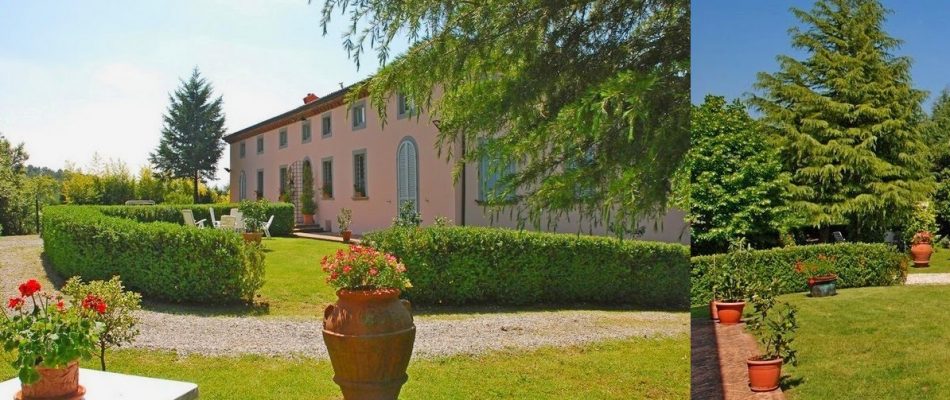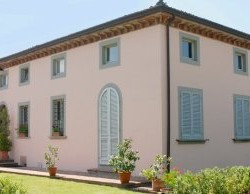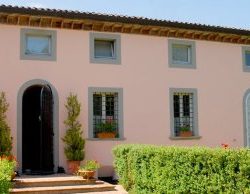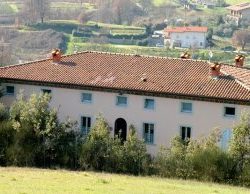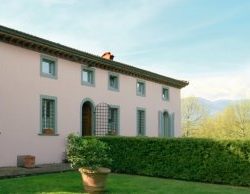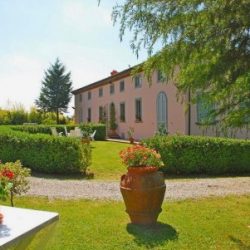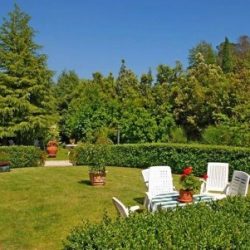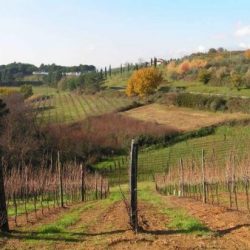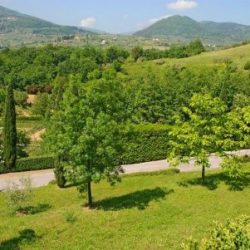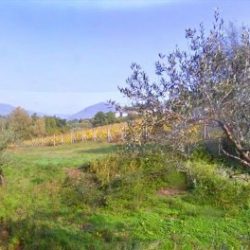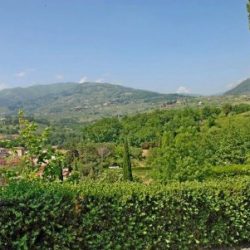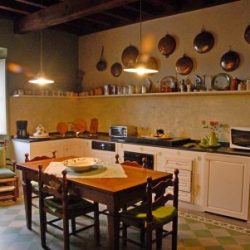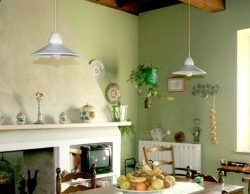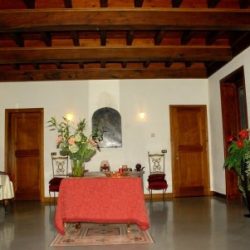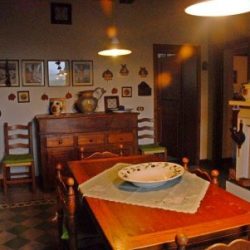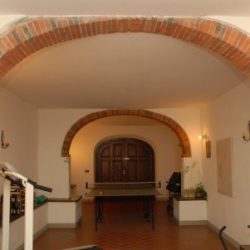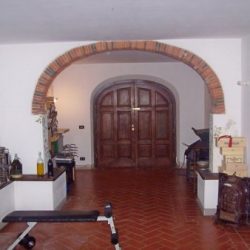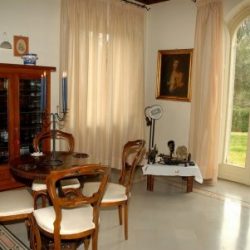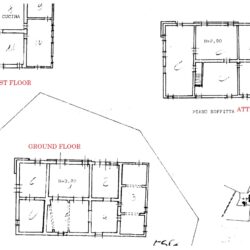ITALY, TUSCANY, LUCCA, CAPANNORI
Fascinating historic villa in marvellous landscape with wonderful views. A classic Tuscan villa which has been completely restored. The location is the Lucca countryside on the east hills of Capannori. The area is characterised by olive groves, vineyards, and woods where farmhouse and villas are scattered.
History – The villa was built in the 19th century and was a country residence and farm, typical of the residences in the Lucchese countryside built by wealthy families during the period of the Republic and the Duchy. Fully renovated internally.
About 10km from the walls of Lucca in the direction of Pescia. Motorway access just 3km In a secluded position, with complete peace and privacy. It was fully restored to a high specification in the 90s, respecting its original characteristics. Covering 910 sqm it is on 3 floors;
Ground Floor – with three entrances, there is a large living room, – salon – living room-kitchen – large bedroom – bathroom with shower – storage room – study
First Floor – large entrance hall – dining room – large living room – kitchen with fireplace and wood stove – laundry / ironing room and bathroom – two double bedrooms – one single bedroom – large family bathrooms with shower.
Second floor with sloping ceilings – Salon – living room-kitchen – five bedrooms – two bathrooms
There is also a detached farmhouse to renovate of 100 sqm.
The villa is surrounded by approx. 11,000 sqm of land, all fenced, including a garden with olive trees and cypress trees, a private driveway along the eastern side of the property with 2 parking spaces.
Access to the property by electric gate and a small pedestrian wrought iron gate ensures security.
